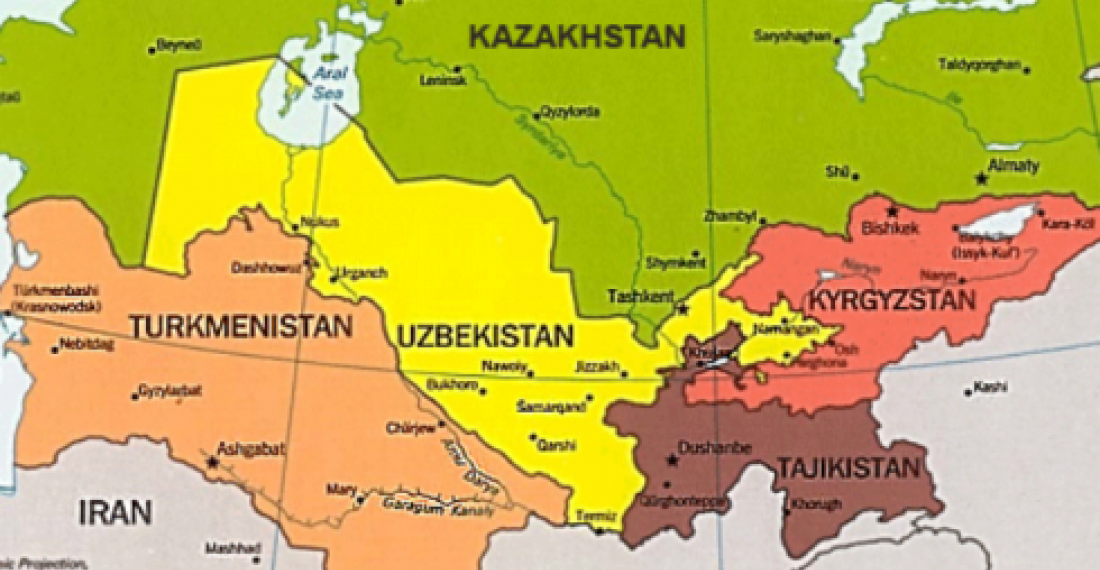Five Uzbek nationals have been injured in an incident on the border with Kyrgyzstan, the Uzbek border guards committee said in a statement, published by the 12.uz portal on Monday.
All the injured are residents of the village of Khushyar in the Uzbek enclave of Sokh in the Ferghana Valley, who allegedly attacked a border guard post near Uzbekistan's territory over the weekend.
"During the incident, Kyrgyz border guards injured five Uzbek citizens. They are in critical condition," the statement reads.
The villagers, angered by what Uzbekistan describes as an unauthorized construction of power transmission lines on its territory, attacked Kyrgyzstan's Charbak border post trying to seize firearms from the frontier guards. Several border guards were injured in the attack.
According to Kyrgyz media reports, enclave residents have also taken hostages from nearby Kyrgyz villages, including women and children. In course of negotiations some were released Sunday night, while 16 people were freed on Monday.
Kyrgyzstan's Defense Council said that the incident resulted from "discrepancies in the border-crossing regulations" and unsanctioned activities at the frontier post, which prompted discontent of the enclave residents.
Both countries have launched investigations into the incident.
source:RIA Novosti







